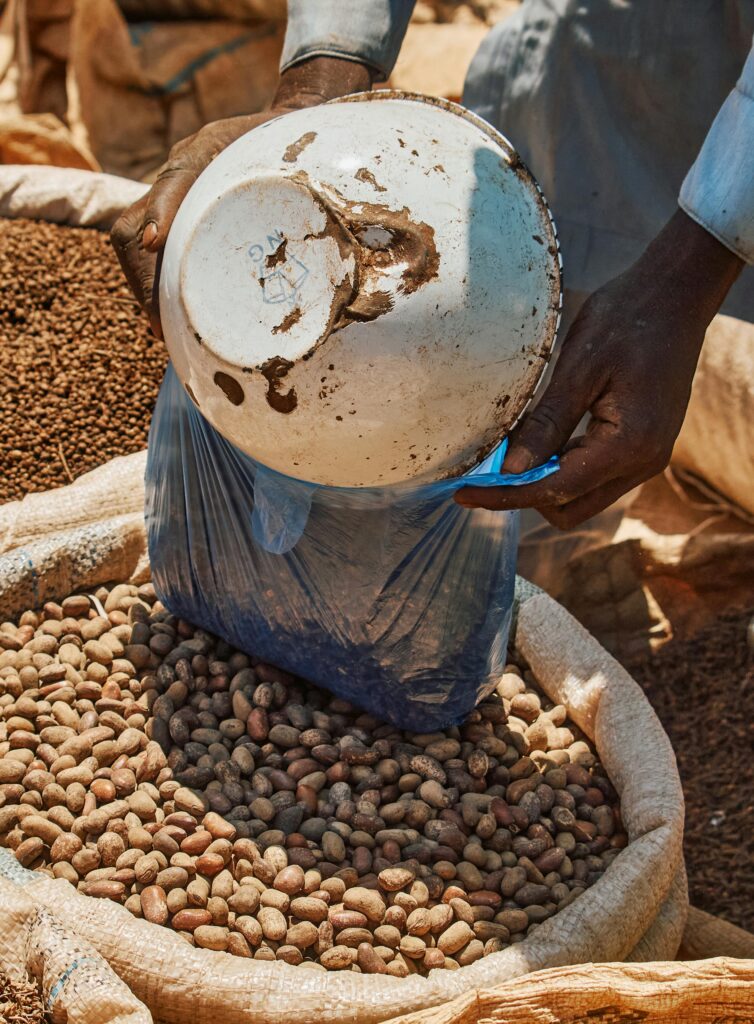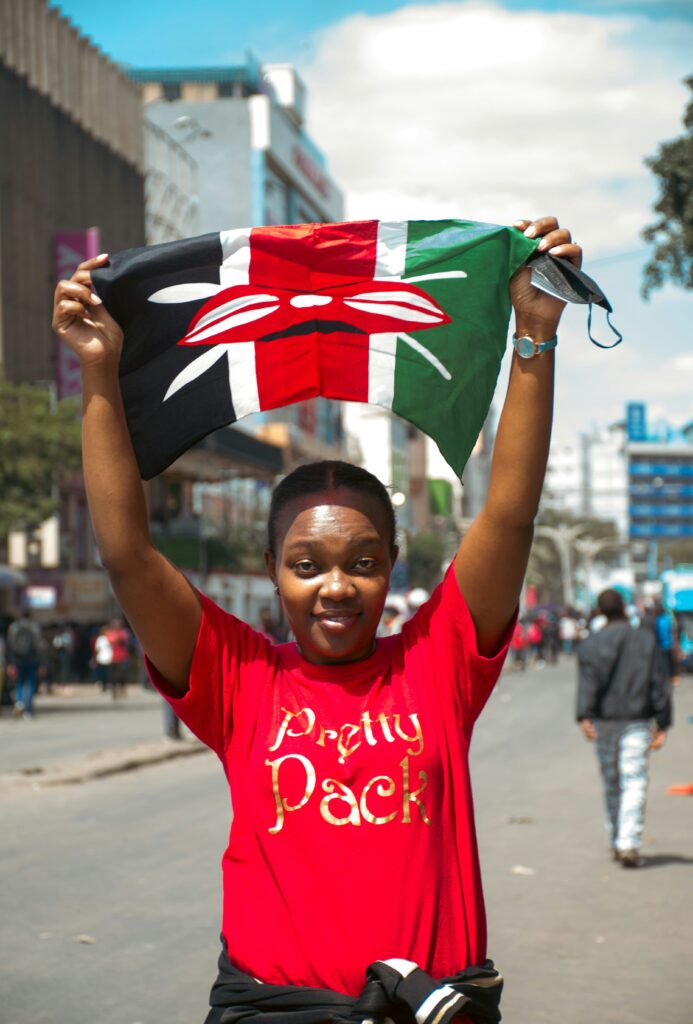The Poverty Cycle and the Limits of Traditional Aid
For decades, much of Africa’s fight against poverty has been fueled by foreign aid. While humanitarian assistance has saved lives during crises, it has often struggled to deliver long-term, structural change. Communities remain trapped in cycles where help arrives as a temporary patch rather than a permanent solution.
This is where Universal Basic Income (UBI) is sparking new conversations. The concept is simple but radical: provide every individual with a guaranteed, unconditional cash payment to meet basic needs. Instead of dictating how funds should be spent, UBI trusts people to decide for themselves.
The idea has been tested in countries around the world — and in Africa, the results are showing remarkable promise.
Case Study: The GiveDirectly Experiment in Kenya
In 2016, GiveDirectly, a nonprofit specialising in direct cash transfers, launched one of the world’s largest UBI experiments in rural Kenya. Thousands of people received regular, unconditional payments over several years.
The impact was immediate and measurable:
- Household Stability: Families reported being able to buy consistent food supplies, pay school fees, and afford healthcare.
- Entrepreneurship: Many recipients invested in small businesses — from poultry farming to local shops — creating new streams of income.
- Mental Health: Reduced financial stress led to lower levels of anxiety and depression.
Perhaps most importantly, this cash injection did not lead to dependency, as critics often fear. Instead, it acted as seed capital for self-reliance.
One participant, James, used part of his monthly stipend to buy goats. Within two years, he had a small herd, selling some animals for school fees while keeping enough to expand his farm. “Before the payments, every month was a struggle,” he says. “Now, I have something that grows.”
The Economic Ripple Effect

The benefits of UBI extend far beyond individual households:
- Boosting Local Economies
Cash spent locally creates demand for goods and services, which in turn creates jobs. In villages where GiveDirectly operated, shopkeepers reported higher sales, and new vendors entered the market. - Improving Education
With school fees covered, more children — especially girls — attended and stayed in school. Education becomes a long-term investment that compounds benefits for communities. - Reducing Crime and Social Tension
Financial stability reduces desperation, which in turn lowers petty theft and disputes over scarce resources. - Empowering Women
Women receiving direct payments gained greater decision-making power in their households, shifting gender dynamics in positive ways.
Funding Models for UBI in Africa
The biggest question is always: Where will the money come from? Several funding pathways are being discussed:
- Tax on Natural Resources: Countries rich in oil, minerals, or gas could allocate a portion of royalties to a national basic income fund, similar to Alaska’s Permanent Fund Dividend.
- Digital Finance Innovations: Mobile money systems like M-Pesa in Kenya could facilitate low-cost transfers at scale, funded by small transaction levies.
- Reallocation of Inefficient Aid: Redirecting portions of traditional aid budgets from goods delivery to direct cash transfers could increase impact while cutting overhead costs.
Critics vs. Supporters: Debunking the Dependency Myth
Critics say:
- UBI will make people lazy.
- It’s too expensive to sustain.
- Governments might misuse the funds.
Evidence says otherwise:
- Recipients in multiple studies, including the Kenyan experiment, worked the same or more hours after receiving payments.
- Investment in tools, livestock, and small businesses increased productivity.
- Long-term savings in healthcare, policing, and welfare could offset much of the cost.
As for governance concerns, transparency measures — such as independent oversight and blockchain-based disbursement tracking — can help ensure funds reach their intended recipients.
Future Outlook: UBI in Africa Over the Next Decade

Several African nations are showing early interest in UBI pilots. Namibia, South Africa, and Kenya have already tested variations of basic income grants, with positive results.
If political will aligns with public support, the next decade could see:
- National rollouts in resource-rich countries.
- Regional cooperation where multiple nations share best practices.
- Private-public partnerships fund targeted programs for vulnerable populations.
However, success will require a cultural shift — from viewing cash transfers as charity to recognising them as a human right and economic investment.
Conclusion: Moving Beyond Aid
Africa’s development future cannot rely solely on external aid. Universal Basic Income in Africa offers a model that trusts people, strengthens communities, and creates the conditions for lasting prosperity.
James’ story in Kenya is proof: with a steady, reliable income, people can plan, invest, and grow — both economically and personally. As UBI debates gain momentum worldwide, Africa has an opportunity to lead with innovative, people-first solutions.
If we can fund infrastructure and military budgets, surely we can fund dignity.



